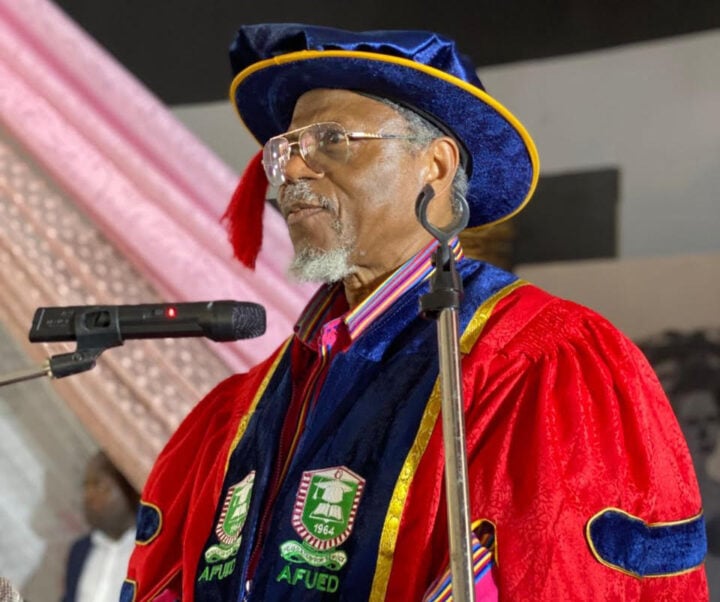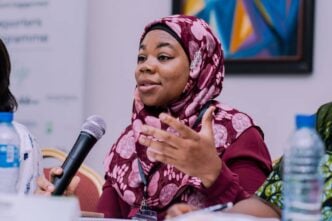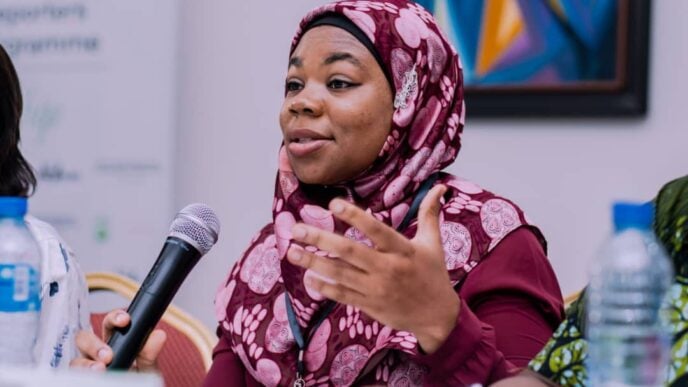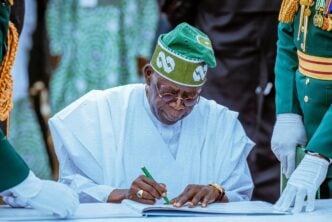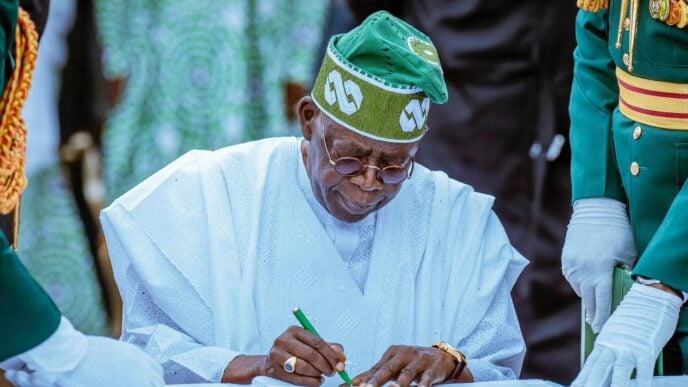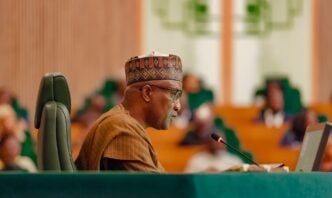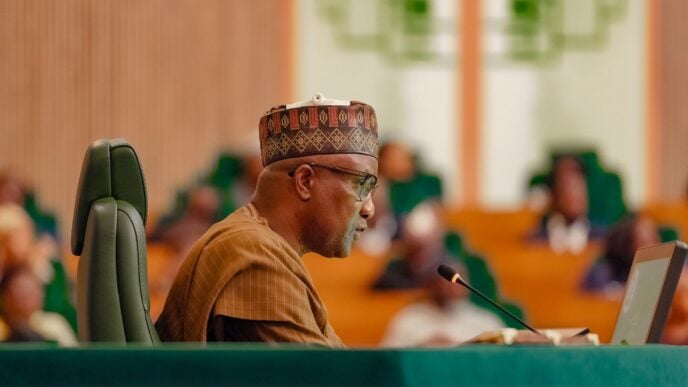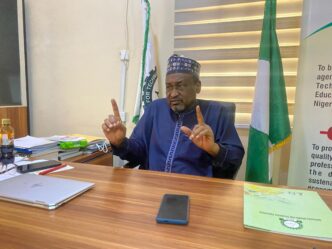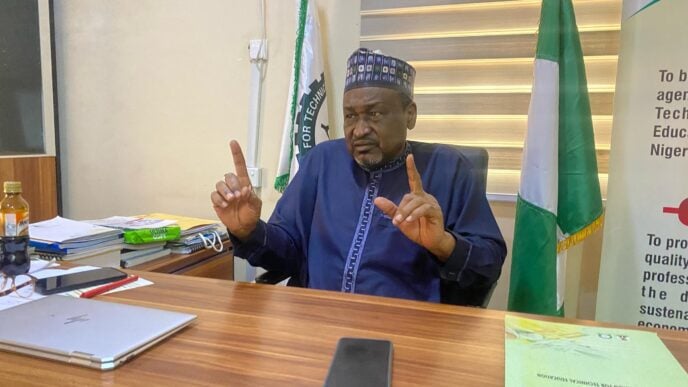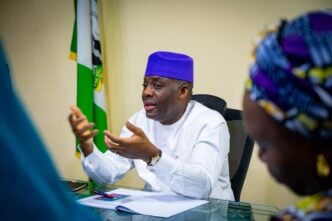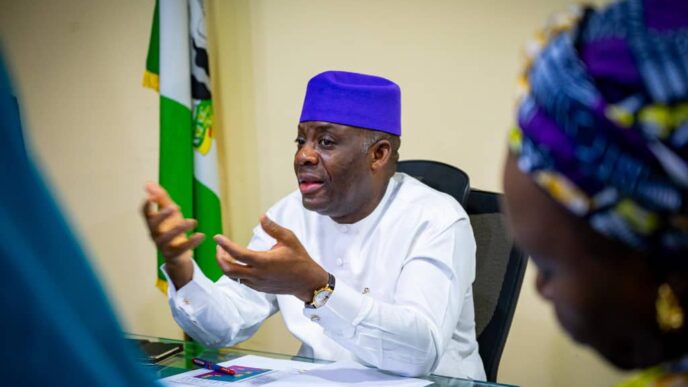Toyin Falola
Toyin Falola, a Nigerian historian, has urged African nations to integrate their indigenous knowledge systems into the development of artificial intelligence (AI) technologies.
The academic, on Thursday, warned that failure to do so could lead to a form of “digital servitude”.
Falola was delivering a convocation lecture titled “The Advent of Artificial Intelligence (AI) and the Future of Nigerian Tertiary Education” at Adeyemi Federal University of Education in Ondo.
The historian drew parallels between Africa’s historical resource exploitation during the colonial era and its current vulnerability to unregulated data extraction.
Advertisement
He cautioned that without intentional cultural integration, the continent risks becoming a site of exploitation, this time of its digital resources and knowledge systems.
“A truly decolonised AI must recognise that knowledge is not the exclusive property of Silicon Valley. Our traditions, values, and philosophies are not archaic; they are essential frameworks for ethical and inclusive technological futures,” Falola stated.
The academic advised African societies against the wholesale adoption of western AI models that disregard indigenous values.
Advertisement
He advocated instead for AI development rooted in the continent’s rich cultural heritage, particularly communal ethics such as Ubuntu.
“We cannot copy and paste our futures from others. We must code them in our languages, our values, and our hopes,” he said.
“Africa was once partitioned on paper in Berlin. Today, the partition is digital, but the consequences are no less severe.”
Falola proposed the establishment of an African AI Consortium, a collaborative platform involving governments, universities, the private sector, civil society, and indigenous communities, to co-create AI solutions relevant to African realities.
Advertisement
“Our strength lies in unity. Our voices, our codes, and our data must speak together,” he emphasised.
“We must move away from viewing our traditions as obstacles. They are blueprints. They offer wisdom on how to live, relate, and innovate responsibly.
“The future is AI, and it is inevitable. But whether this future is another tale of marginalisation or a new chapter of empowerment depends on the choices we make today.
“We owe it to ourselves, and to generations unborn, to shape a future where Africa is not colonised in any form but stands as a proud architect of global digital civilisation.”
Advertisement

